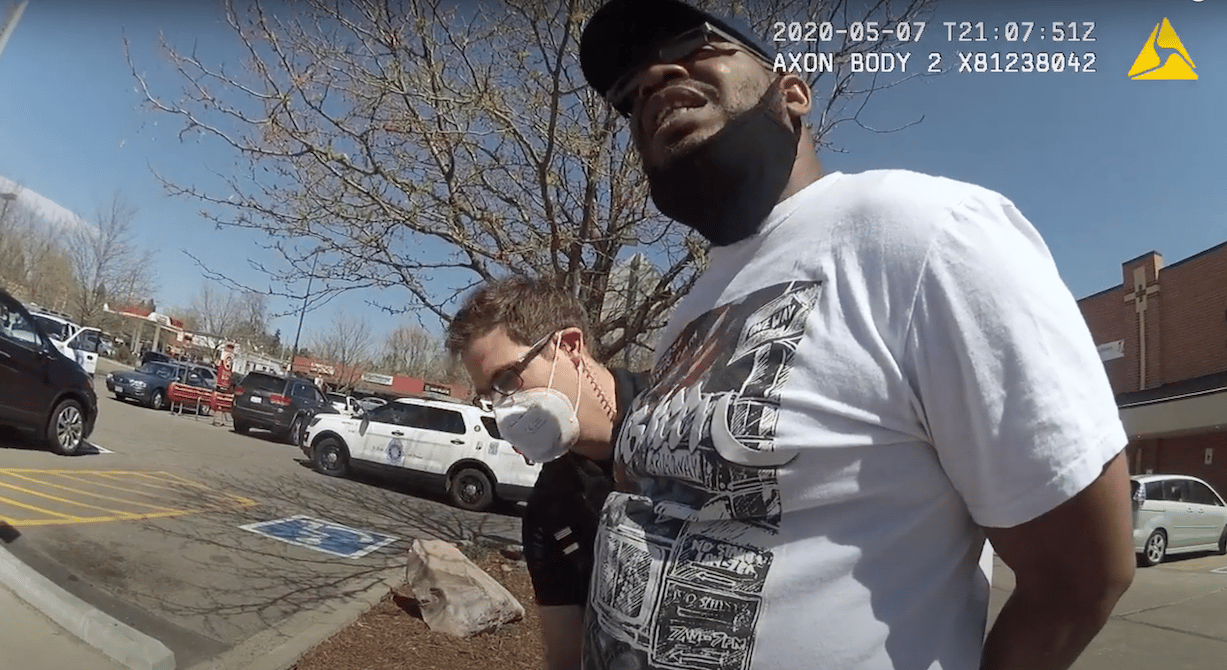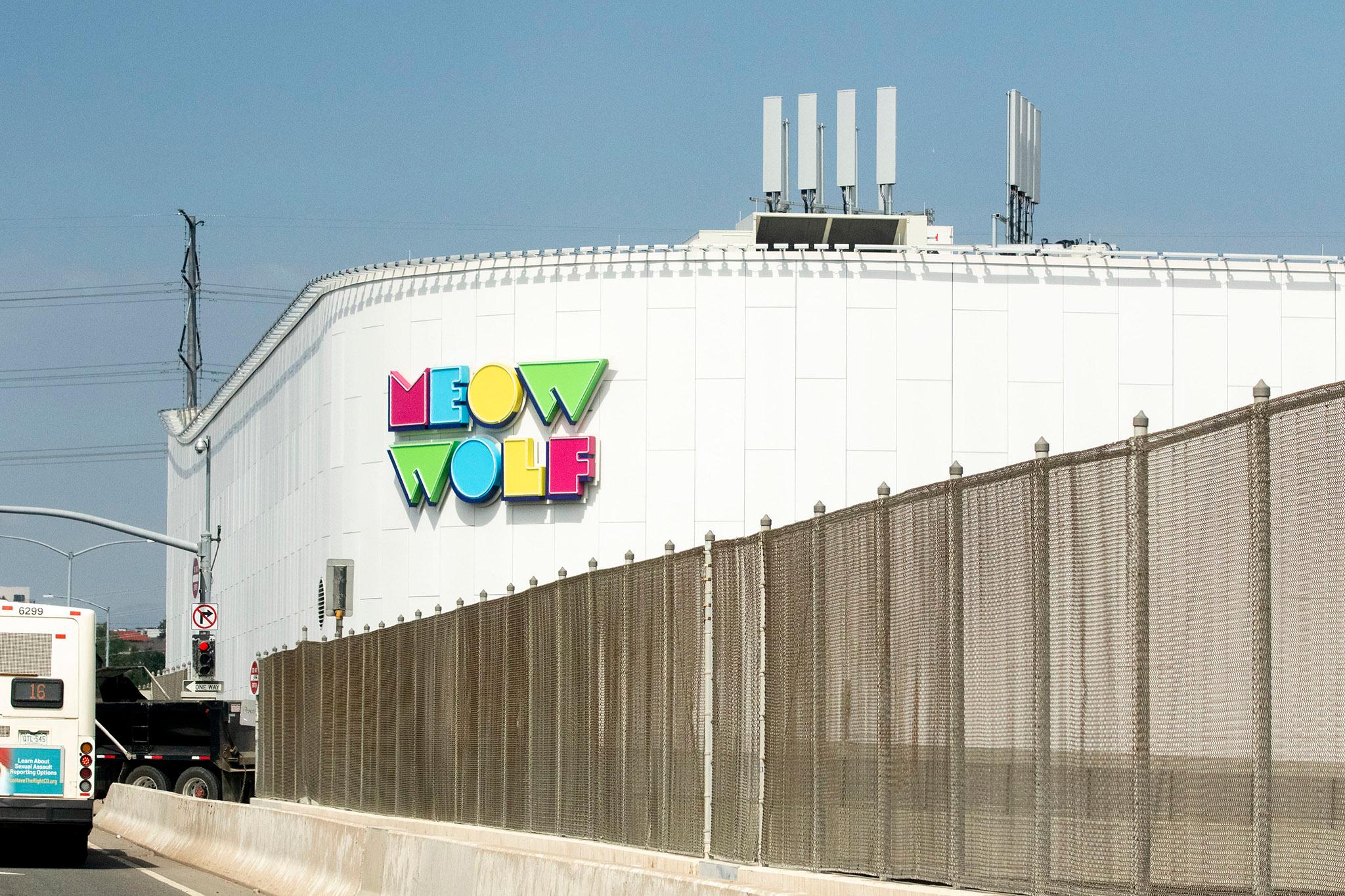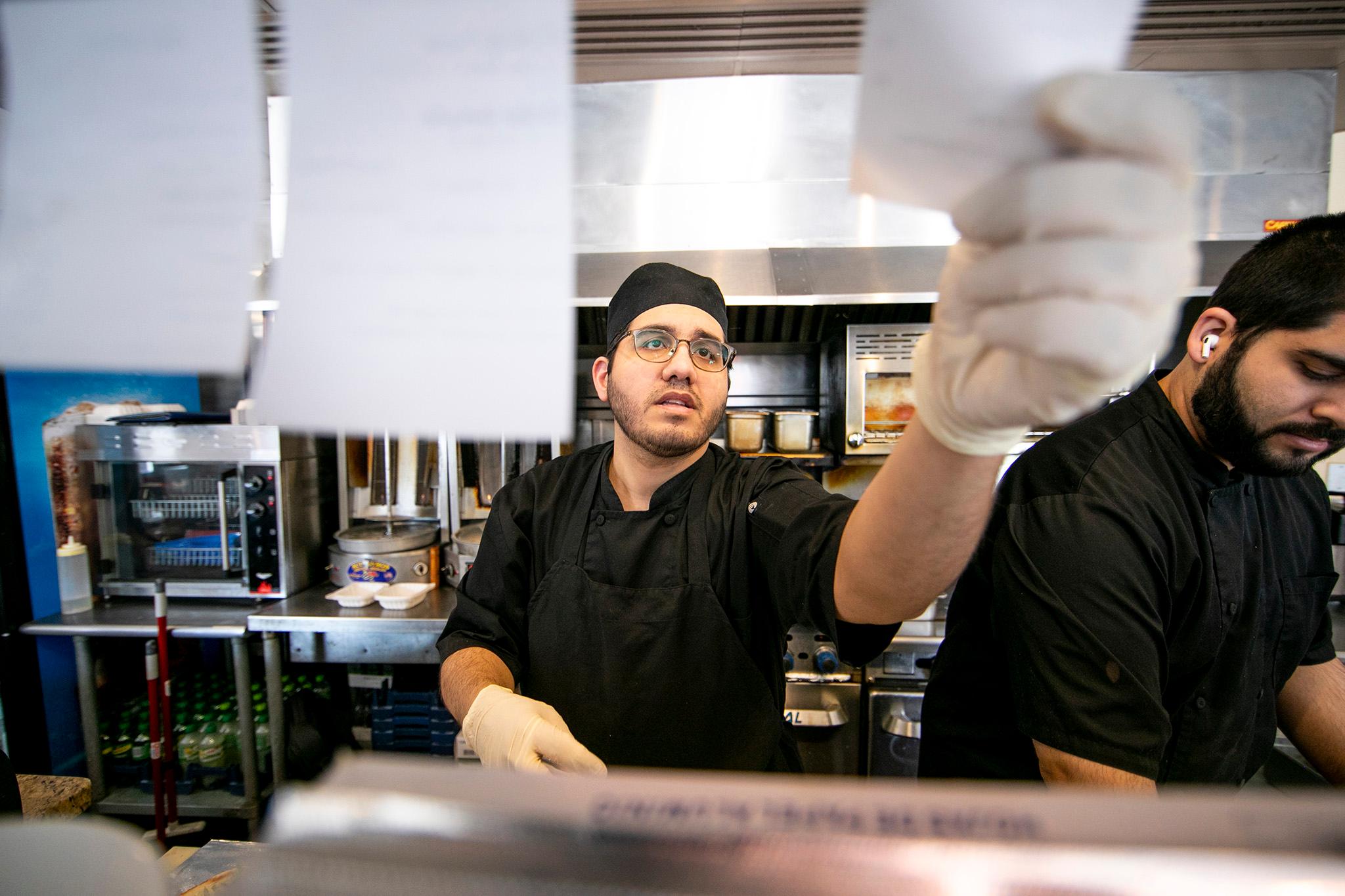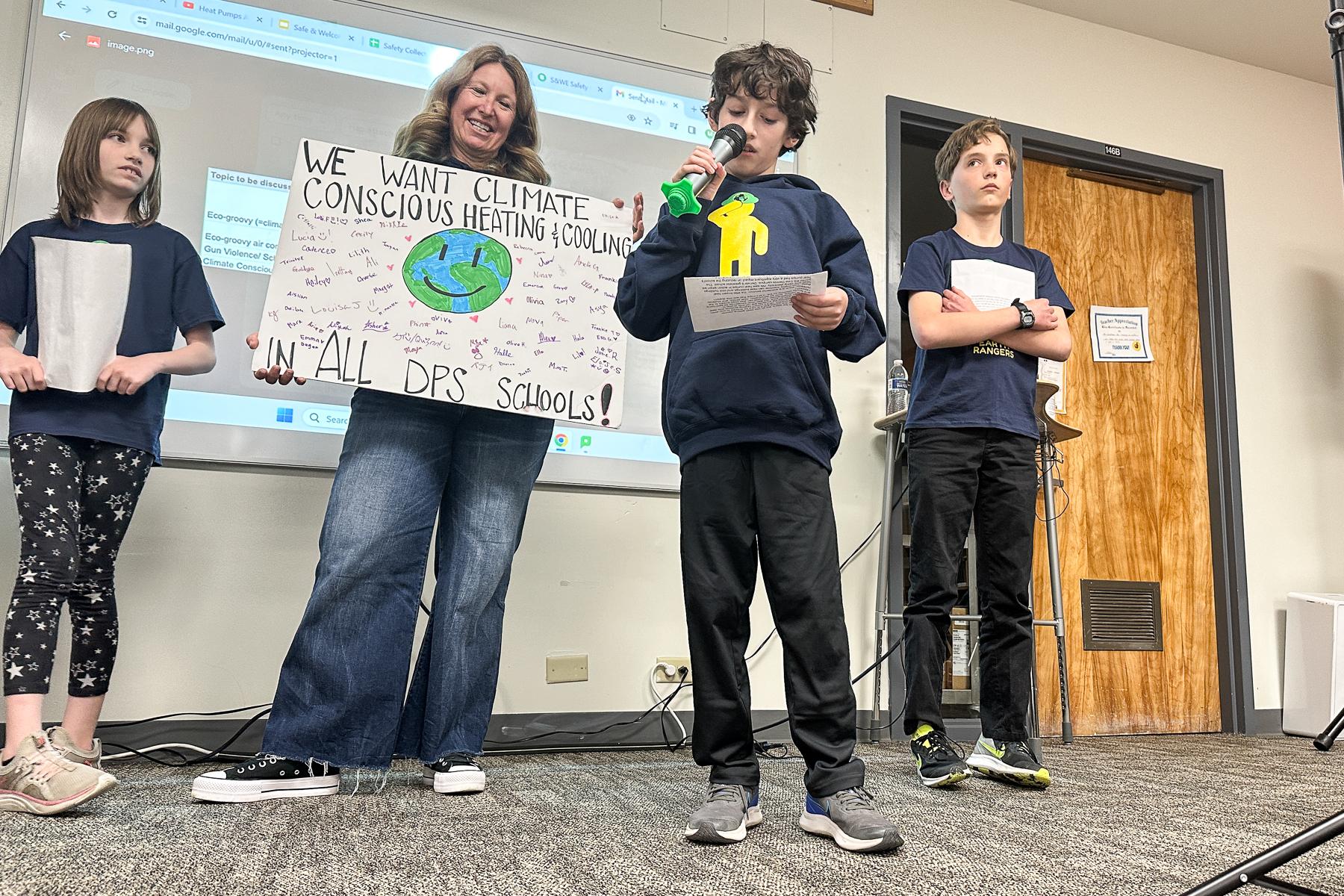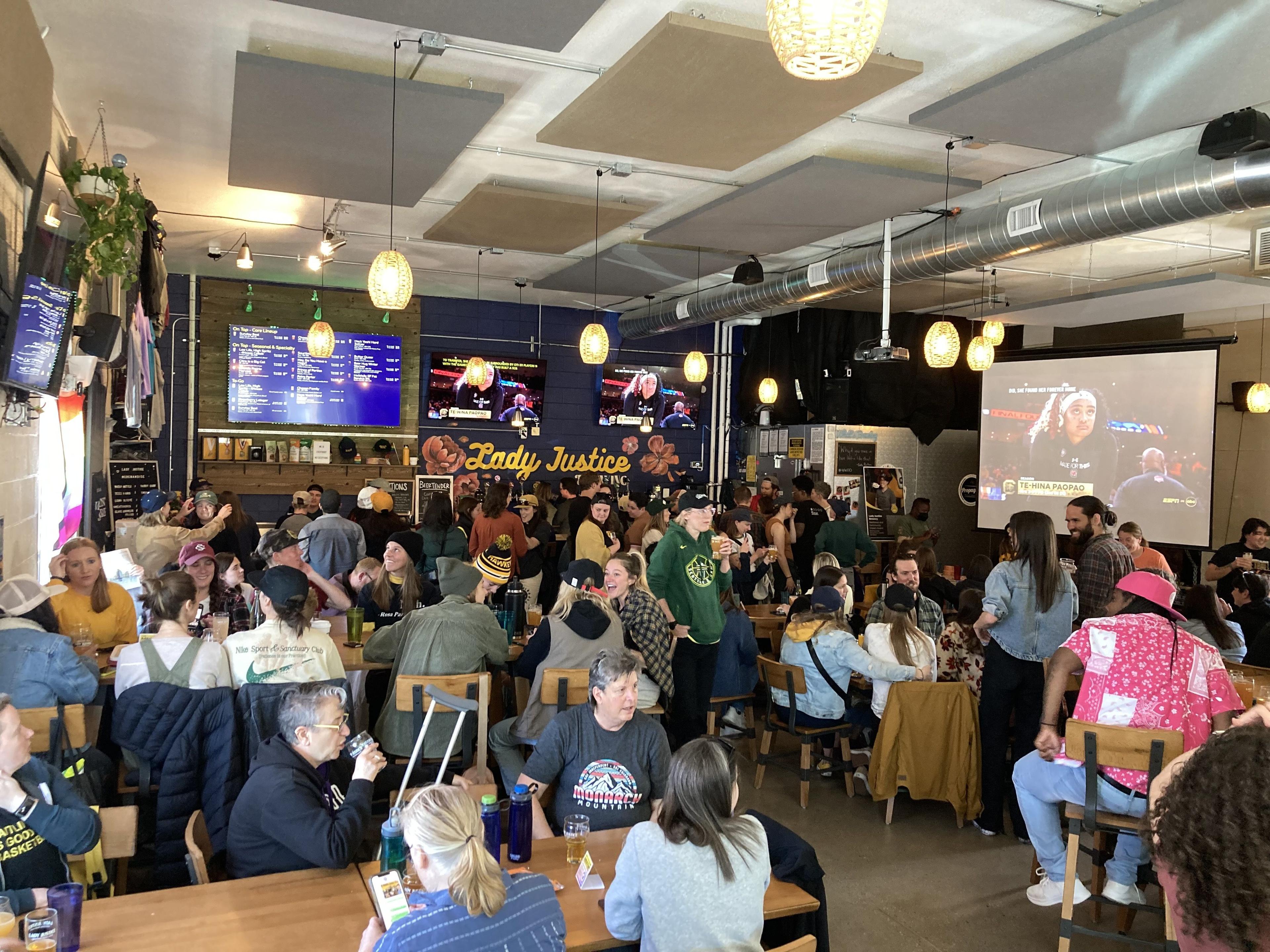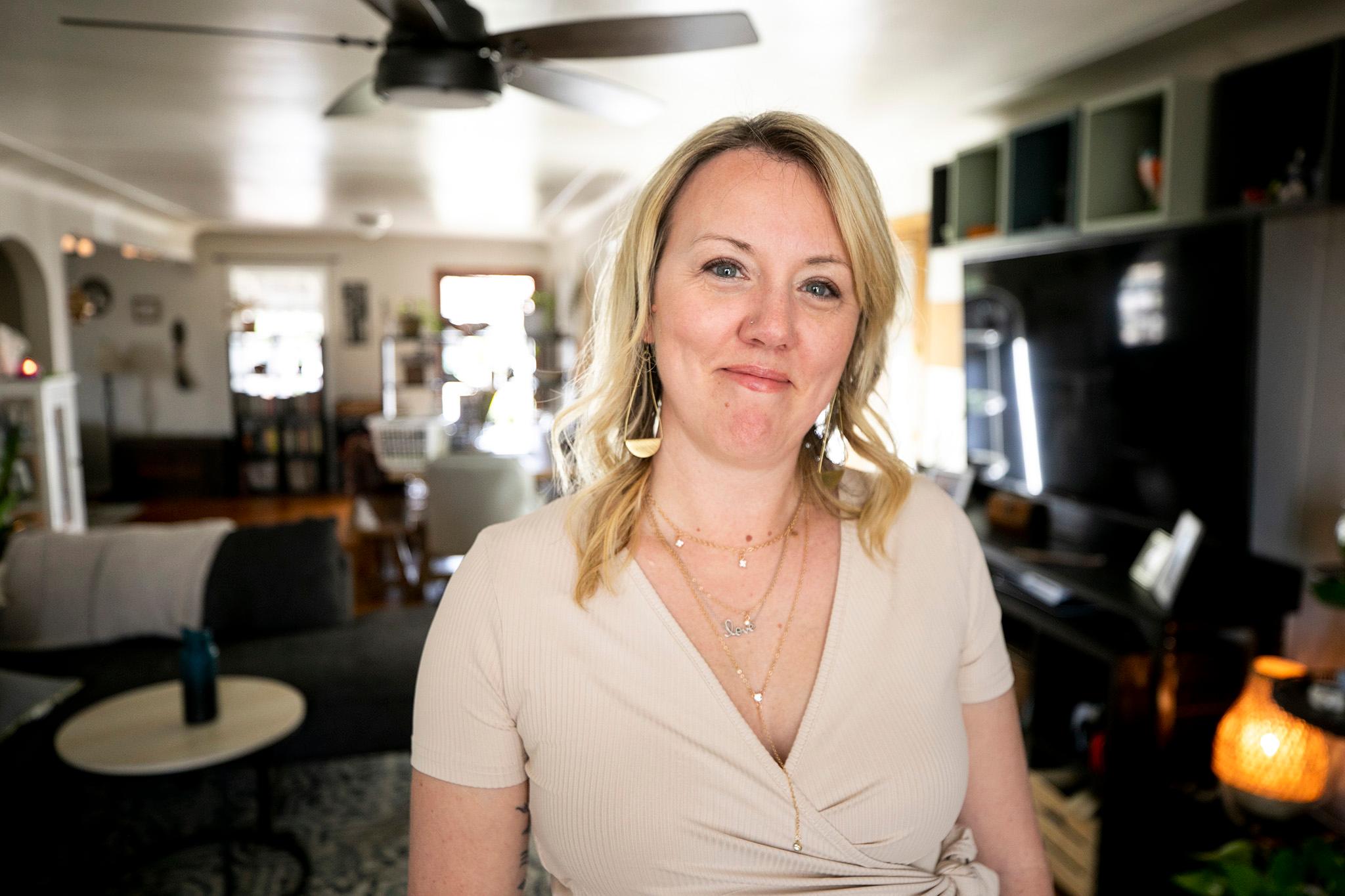On May 7, a Denver police officer pulled into a shopping center parking lot at 14th Avenue and Krameria Street, opened the door to his SUV and aimed his gun in the direction of a Cadillac.
Three girls -- ages two, seven and 14 -- were inside the car. The teenager was so scared that she wet herself.
After the life-changing event, the girls watched, bawling as three police officers berated, patted down and handcuffed their stepfather, Naphtali Israel, who had emerged from the Safeway where he was shopping for groceries.
Israel and his daughters had done nothing wrong. They are all Black.
Misplaced suspicion had triggered the potentially catastrophic chain of events.
Someone -- the Denver Police Department doesn't know who -- told a Safeway employee that a Black man with a gun was in the front seat of a Cadillac. The worker then asked the 911 dispatcher to send police because a "Black young male with a white hoodie" had a gun, according to a recording of the 911 call.
Israel is 44. He was wearing a white T-shirt. He did not have a gun.
"It's not illegal for someone to have a gun in their car," Israel told Denverite. "And number two, I didn't have a gun. So you cannot justify pulling your firearm out and pointing it my kids by answering this call."
Israel's 14-year-old is in therapy because of the incident. His seven-year-old is having nightmares about Israel being killed, he said. She will start therapy soon.
The officer, who appears to be white, is undergoing an internal investigation, Division Chief Ron Thomas said.
DPD would not name the officer, citing the ongoing investigation.
Thomas said the reality of the situation is more nuanced than it looks. The officer, for example, did not have his finger on the trigger, Thomas said, and was aiming the gun somewhat downward like he was trained.
"He's at kind of what we would call a low-ready position where he hasn't acquired the target yet," Thomas said. "But you know if a target were to present itself, then he would acquire that target."
From DPD's perspective, the officer had to assume someone was in the car with a gun. According to DPD's police manual, when approaching a "stationary high-risk vehicle" officers "are discouraged from immediately approaching a stopped/stationary vehicle. When circumstances permit, officers will use tactical control options to safely resolve the situation."
Thomas defended the action, telling Denverite that drawing the gun was an appropriate way to ready the officer for an armed person.
From Israel's perspective, the assumption that someone in the car was armed began with a bunk tip that seemed to come out of thin air and then escalated into an unfair, potentially dangerous situation because he is Black.
It's the kind of situation speakers at protests in Denver in the last week, social justice groups and Black leaders have described repeatedly: a seemingly peaceful, innocuous event that goes terribly wrong because of misinformation, leading to deep mistrust of law enforcement within the Black community.
"I feel like it was racially motivated," Israel said. "On the police side, I feel as though the way they deal with African Americans versus how they deal with our Caucasian counterparts, it's very different, a very different experience. And then we get a very different outcome every single time by the way that they approach situations."
Safeway told 9News the tipster was African American. But Israel thinks it's relevant that the officer knew he was responding to a call involving a Black man.
"The fact that you answered a call to something that was not a crime, and there was nothing in the 911 call saying that it was anything threatening happening -- all they said was that it was a black male, and this is how you respond when you pull up?"
Israel's complaint filed with DPD's Internal Affairs division states that officers pointed weapons at him. Footage from the HALO camera and body cam footage does not show weapons pointed at him, just fingers.
The officers apologized profusely to Israel. Israel said it wasn't enough.
The officer who wielded his gun even came by Israel's house after the incident with groceries he left at Safeway and apologized more, attempting to justify the situation. Israel said he was offended by the gesture. He believes the officer, who he did not know at the time was the one who pulled the gun, came to save face.
DPD's Thomas believes his officer made the right decision in pulling out his sidearm given the potential risk.
"I can't speak for what (the officer's) mindset was and what he was thinking, but from an observer's position, I think that approaching the vehicle and knowing the possibility that the person in that vehicle could be armed, I think it would be appropriate for him to draw his weapon," Thomas said. "Certainly not point it at anybody and it makes clear in the video that he did not point it at anybody."
Whether or not he files a complaint in court, Israel and his attorney, David Lane, said they wanted to put the video out into the world during a local and national moment defined by demands for reform.
"I want to see change," Lane said.
Israel said he will let his attorney decide whether or not to file a suit against the city. In the meantime, Israel and Lane are awaiting a meeting with Denver Police Chief Paul Pazen.
This article was updated to correct an error in the headline, which stated that Israel was arrested. He was never arrested (taken into custody). He was handcuffed and let go.

